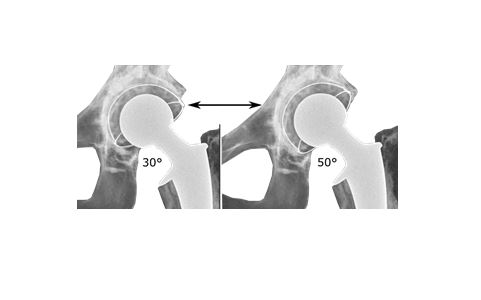NAGPUR: Union minister Nitin Gadkari revealed that the Defence Research and Development Organisation (DRDO) has developed an indigenous multi-electrode cochlear prothesis for the benefit of profoundly deaf people which will cut the cost of cochlear implants surgeries in India by 50%.
The existing cost is more than Rs6.50 lakh.
“The DRDO team gave a presentation on the subject two days ago in New Delhi. This Made in India implants will bring a revolution in the field of cochlear implant surgeries and thousands of kids born deaf will be benefited,” he said.
Also read: J&J faces criminal charges in faulty hip implants case
Gadkari was addressing the inaugural function of the 72nd annual conference of the Association of Otolaryngologists of India (AOICON 2020) at Chitnavis Centre.
About medical devices park project under MSME ministry, Gadkari said, “Medical devices parks will be opened to work on reducing costs of manufacturing goods.
MRI machines costing Rs5 crore are being made available in such parks at only Rs98 lakh.”
Also read: Patient-specific implants now developed at CSIO
National president of AOICON Dr Satyaprakash Dubey appealed that Maharashtra Government should start a statewide mission to facilitate cochlear implant surgeries of poor patients on the lines of Madhya Pradesh.
Replying to his appeal, Gadkari said that proposal has already been sent to the state government and chief minister will take final decision on it soon.
During the function, AOI felicitated veteran ENT surgeons Dr Krishnakant Bhargava, Dr KP Morwani and Dr Mohan Kameshwaran with lifetime achievement awards.
Also read: FDA approves compensation of Rs.25 lakh each to 48 patients


